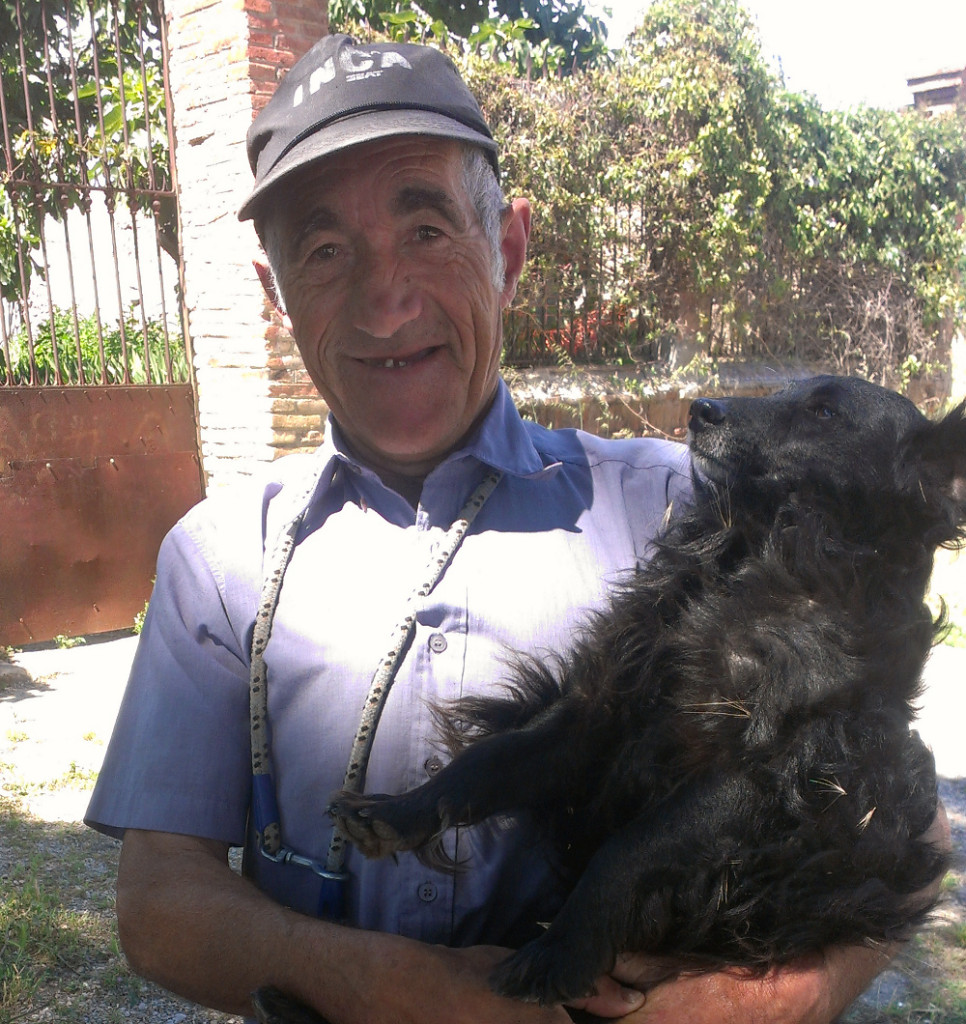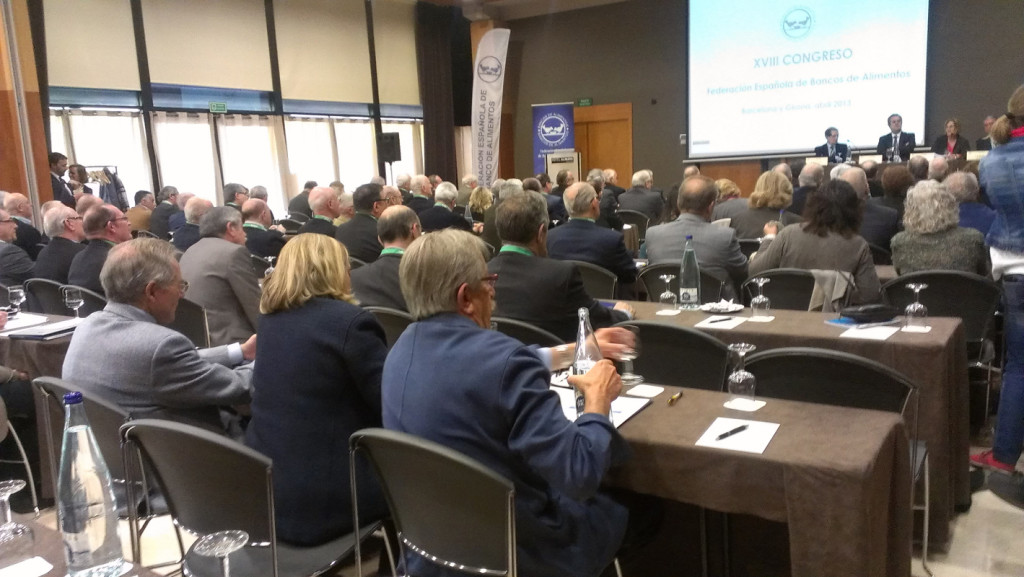The Spanish crisis has caused changes in many people’s lives. From the perspective of a homeless man, this article provides an analysis of the help NGOs can offer, and the reasons why some people like him don’t want their help.
“Excuse me, do you remember me? Excuse me, I’m starving.” These are the words that Ovidio Fulgeiro, homeless for over 30 years, has uttered many a time now. The most unusual thing is that he doesn’t ask any of Barcelona’s NGOs for food, preferring to ask sellers who throw away out-of-date products. One NGO operating in the city is the “Fundació Banc dels Aliments de Barcelona” (FEBAB), a charity which provides food to soup kitchens and other food-receiving entities, and whose target is to help those in need. Two groups in the harsh situation Spain is currently living through due to the crisis: those who want to help, and those who need to be helped; though sometimes they do not harmonize well.
According to the last study of the IEC (Statistics Institute of Catalonia) one out of every five people is at risk of poverty in Catalonia, the region where Barcelona is situated. This severe situation is slightly cushioned by charities such as the FEBAB. The NGO is part of the European Federation of Food Banks, consisting of a total of 204 food banks from 21 different countries, whose aim is to provide food through institutions such as the afore-mentioned soup kitchens. Despite not having direct contact with the disadvantaged, their work is essential, since they coordinate and manage the goods received, so that they reach the greatest number of people possible.
However, Ovidio subsists thanks to alternatives, like making use of the food that supermarkets commonly throw away. His 70 years of life experience has brought him to realize how the crisis is increasingly affecting his immediate surroundings. “When I started rummaging through dustbins I was laughed at, but a lot of people like me are searching for scraps and food now too. More than 20 years have passed since I last bought a loaf of bread, oil, or sugar”.
This humble perspective is the same one that was put forward in the last FEBAB congress, held last April in Barcelona. The wastage of food which could be used by poor people was one of the main discussion topics. The president of the FEBAB, José Antonio Busto, declared that about 89 tons of edible goods are wasted in the European Union every year, which equates to 50% of the food produced. With some simple measures, such as reducing excess portions, promoting the composting of leftovers or introducing some suitable government policies, the problem could be alleviated on a large scale.
Due to this product shortage the FEBAB regularly runs campaigns to collect food. An example of this is the “Gran Recapte d’Aliments” which took place in Catalonia last December, an event that brought together over 2.7 million kilos of edible goods. Clara R., a volunteer from one of the collecting points which were set up in different supermarkets, speaks of the sympathy which the food drive provoked in the citizens: “Everyone wanted to get involved in this cause so much, that there was actually a surplus of volunteers, from young people to retirees, everyone working for the same purpose.” The success was remarkable. Now however, there is almost nothing left over from that campaign and the NGO is trying to mobilize more than ever. That’s why José Antonio Busto gave a special mention to food enterprises during the congress last December: “We don’t want them to give us huge amounts of food, but rather just a small fraction of the food items they produce.”
If the work they do is so positive, why do some people such as Ovidio refuse it? “I don’t like going to soup kitchens because I have to mix with people who look at me and talk to me. They gossip about me and wonder why I go there alone. As well as that, I don’t trust their altruism; I believe deep down they are seeking perks for themselves. People never give things away for free, unless there’s something in it for them.” His skepticism towards these NGOs goes further, since he has his doubts about the social work these kind of foundations carry out: “NGOs are good for some people, but not for others. Those who go there sometimes are not those who need it the most. A lot of them even have their own house or apartment.”
Ovidio’s views might be down to a lack of information about, or interest in, these new services that are offered by the NGOs. After so many years surviving on his own, it’s difficult to rid himself of these acquired habits, and to present himself to society as a homeless person. “Some people, who find themselves in desperate situations of starvation like me, are there through their own fault; they don’t want to face what is happening to them. For instance, they don’t lower their standards to eating lower-quality products. People ask me the reason why I look so healthy. It’s simple, you must know how to live.”
A goal of the European Strategy Framework 2020 is to reduce the number of European citizens living in poverty or situations of social exclusion by at least 20 million over the next seven years, with the help of a proposal from the Multiannual Financial Framework 2014-2020, which has a budget of €2.5m over that period.
Despite some people’s reservations, FEBAB won the Príncipe de Asturias Concord Prize 2012 for the contribution they make to society. However, this is just a little incentive to encourage these kinds of entities to continue with a service which, regrettably, hundreds of families depend on to survive. Meanwhile, Ovido admits he foresees a dark future, not for himself, but for people who have societal responsibilities and have to pay taxes. “When there is money to spend you can keep going, but when the money is all gone, it will be a whole different story. Despite this, I have it pretty good: I’m happy and I still have another 30 years to live, at least”.
[crp]





Recent Comments